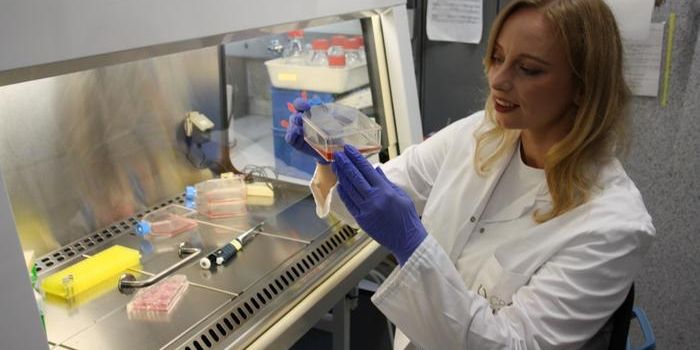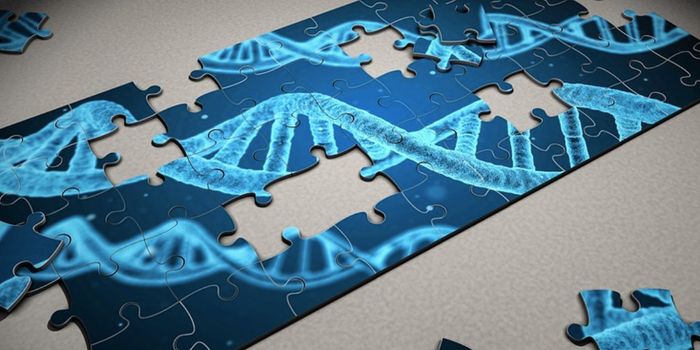Monash scientists have discovered a molecule that is crucial to the survival of stem cells in the intestine.

Importantly, the molecule plays a key role in bowel cancer - particularly its deadly ability to metastasise. The newly discovered molecule may act as an indicator of how aggressive colorectal cancer is, as well as acting as a target for treatment aimed at preventing the bowel cancer spreading.
The finding, published in the prestigious European Molecular Biology Organisation (EMBO) journal, opens the way to promote the regeneration of intestinal cells in patients with bowel disease, and in those who are undergoing chemotherapy who often have gut problems. Importantly blocking the molecule could prevent the spread of bowel cancer once it is detected.
The molecule was discovered by studying the specialized tissue which forms the inner lining of the digestive tract that absorbs nutrients from the diet but is also where bowel cancer initiates.
According to the lead researcher, Associate Professor Helen Abud, from the Department of Anatomy and Developmental Biology, Monash School of Biomedical Sciences, the tissue was examined using a unique culture system which can be used to study the role of the molecule in normal and cancerous tissue - as well as in chemotherapy and radiation resistant tumours.
Because the intestine plays key roles in absorbing nutrients and acts as a frontline defence against microbes, any damage must be fixed promptly. Unlike most other body tissues, the lifespan of cells that line the gut is incredibly short and relies on a small store of immature adult stem cells that can differentiate into more mature, specialized cell types every three to seven days.
However, overactive stem cells here can lead to bowel cancer, and underactive cells to a loss of intestinal lining. According to Associate Professor Abud, too few new cells can strip the intestinal lining and cause painful inflammation and ulcerations, which can happen after infections or cancer treatment, such as chemotherapy or radiotherapy.
"It can also happen in the 10 per cent of premature babies who get necrotising enterocolitis, often treated by removing large sections of the bowel, leaving some of them unable to draw enough nutrition from ingested food," she said.
Associate Professor Abud worked with Melbourne University's Associate Professor Gary Hime and Associate Professor Paul McMurrick, from Cabrini, as well as colleagues in Europe and Singapore.
The molecule's strong association with intestinal tissue being cancerous potentially gives developers of future bowel cancer treatments clear targets to ensure tumours never return, especially the most aggressive kind, she said.
Associate Professor Abud is currently collaborating with surgeons led by Cabrini Hospital to see if levels of the molecule correlate to particular tumours, potentially allowing the severity of tumour growth to be predicted.
Source: Monash University









